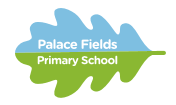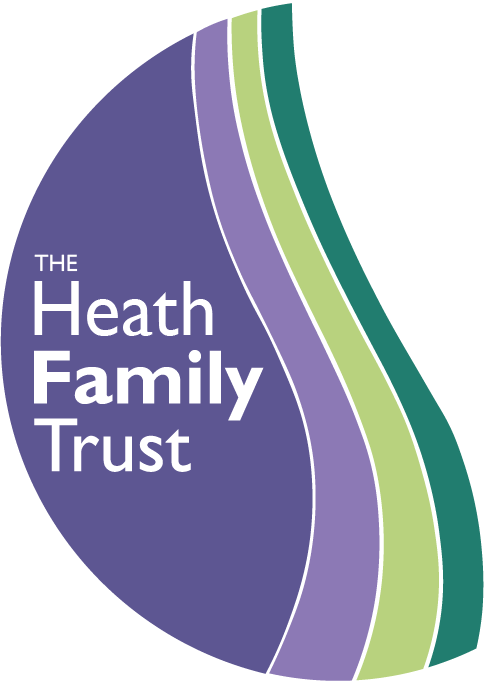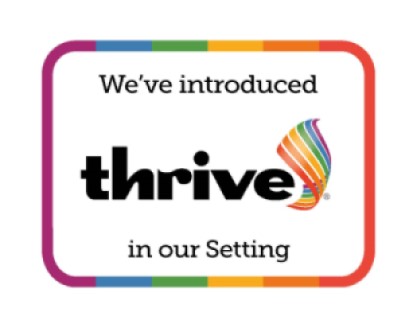Religious Education
The Lancashire Scheme of Work is used to deliver RE across school. There are two key concepts explored; learning about religion and learning from religion. Everything that children are taught is followed by an opportunity for them to reflect on their learning and contribute their own personal response. Our aim is to, prepare them for a life in which they will have multi-cultural tolerance and understanding.
In foundation stage, children reflect on their own feelings and experiences. They use their imagination and curiosity to develop their appreciation and wonder of the world in which they live. In key stage one pupils explore Christianity and Judaism. They learn about different beliefs about God and the world around them. They encounter and respond to a range of stories, artefacts and other religious materials. They learn to recognise that beliefs are expressed in a variety of ways, and begin to use specialist vocabulary. They begin to understand the importance and value of religion and belief, especially for other children and their families. Pupils are encouraged to ask relevant questions and develop a sense of wonder about the world, using their imaginations. They talk about what is important to them and others, valuing themselves, reflecting on their own feelings and experiences and developing a sense of belonging.
Throughout key stage two, pupils continue to learn about Christianity and Judaism together with an introduction to Hinduism and Islam, recognising the impact of religion and belief locally, nationally and globally. They make connections between differing aspects of religion and consider the different forms of religious expression. They consider the beliefs, teachings, practices and ways of life central to religion. They learn about sacred texts and other sources and consider their meanings. They begin to recognise diversity in religion, learning about similarities and differences both within and between religions and beliefs ad the importance of dialogue between them. They extend the range and use of specialist vocabulary. They recognise the challenges involved in distinguishing between ideas of right and wrong, and valuing what is good and true. They communicate their ideas, recognising other people’s viewpoints. They consider their own beliefs and values and those of others in the light of their learning in religious education.





